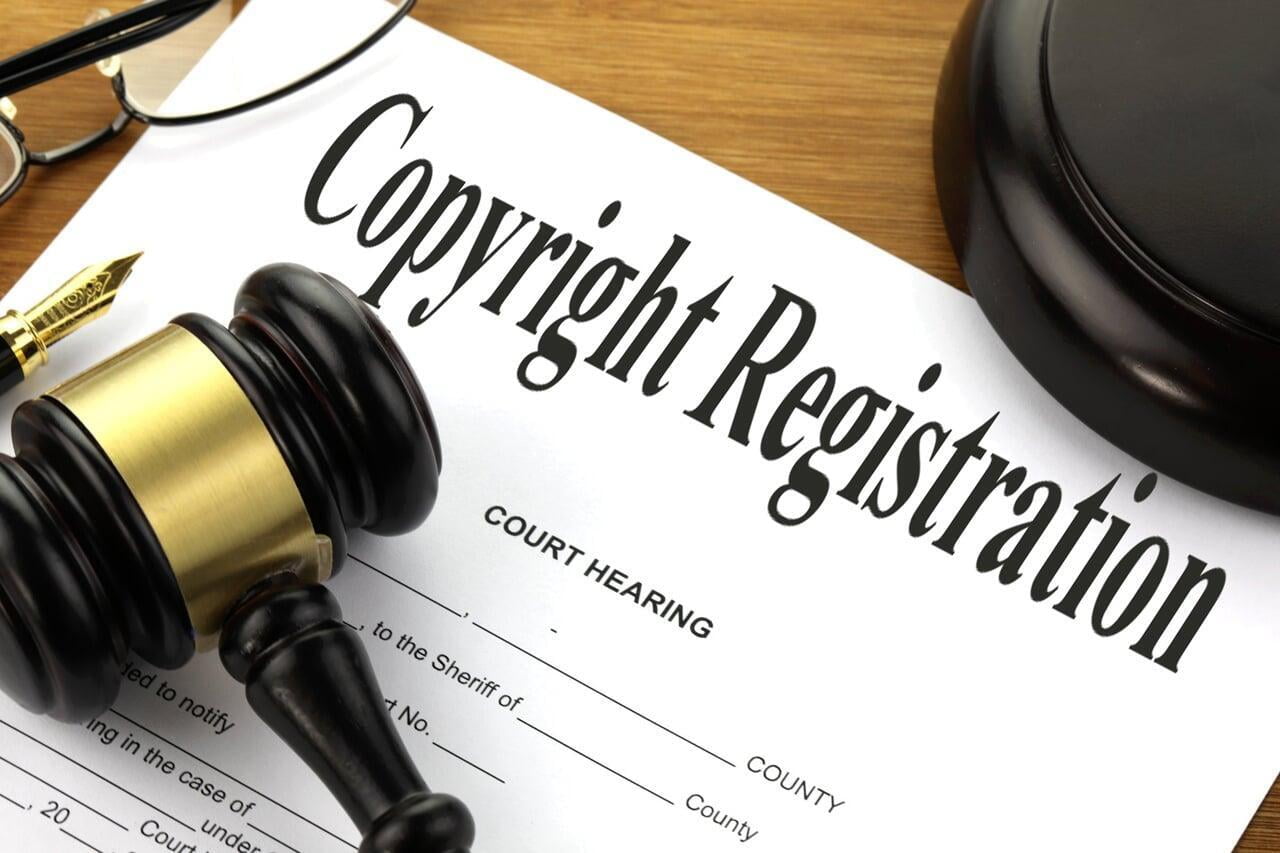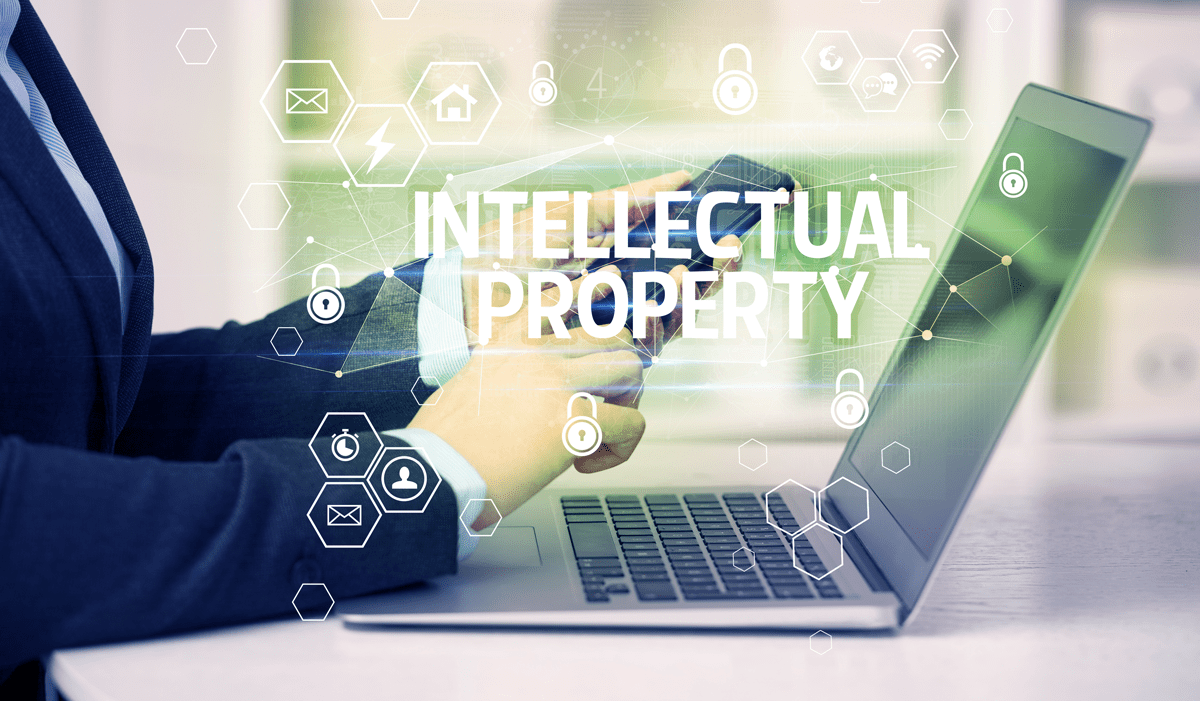Legal Services for Intellectual Property Protection: Patents, Trademarks, and Copyrights
Intellectual Property (IP) is one of the most valuable assets of a business in today’s knowledge-driven economy. Legal protection of IP is essential to safeguarding creative and innovative outputs, ensuring that the creators or owners can maintain control over their work and profit from it. Legal services related to IP encompass a broad range of activities, from securing patents for inventions, registering trademarks for brand identities, and obtaining copyrights for artistic and literary creations, to enforcing these rights through litigation when infringements occur. Understanding the distinctions between these IP categories, the processes for obtaining protection, and the critical role of legal professionals in navigating complex IP laws can empower businesses and individuals to safeguard their ideas and creations effectively. This article explores the importance of legal services for patents, trademarks, and copyrights, the processes involved in securing these protections, and how legal experts assist in enforcement and dispute resolution.


1. Introduction to Intellectual Property Protection
Intellectual Property (IP) refers to the creations of the mind that are protected by law, such as inventions, literary and artistic works, symbols, names, and images used in commerce. With the rise of the digital economy and the increasing importance of innovation, IP protection has become crucial for businesses and individuals alike. Legal services for IP protection help secure the exclusive rights of creators and innovators, preventing unauthorized use or reproduction of their work.
2. The Role of Legal Services in IP Protection
Legal services play a pivotal role in the process of securing, maintaining, and enforcing intellectual property rights. These services ensure that the owners of IP are properly protected under the law and help them navigate the often-complex regulatory frameworks that govern patents, trademarks, and copyrights. Attorneys specializing in IP law provide essential guidance on the rights available, the protection mechanisms, and enforcement strategies.
3. Overview of Patents
A patent is a form of IP that grants the inventor exclusive rights to make, use, sell, or license their invention for a certain period, usually 20 years. Legal services for patents include helping inventors prepare and file patent applications, conducting patent searches, and ensuring compliance with the requirements of patent law. Patent lawyers also help defend these rights in case of infringement and represent clients in patent litigation.
4. The Patent Application Process
The process of securing a patent is lengthy and requires detailed technical and legal knowledge. Patent attorneys assist inventors by drafting and filing patent applications that meet stringent legal standards. The application must describe the invention in detail and prove that it is new, useful, and non-obvious. Legal professionals also help inventors respond to rejections or objections from patent examiners, ensuring that the application progresses smoothly.
5. Patent Search and Examination
Before filing a patent application, a thorough patent search is essential to determine whether a similar invention has already been patented. Patent attorneys conduct comprehensive searches in patent databases to ensure the invention’s uniqueness. After filing, the patent application undergoes examination by patent offices, where legal professionals assist in addressing any queries or challenges raised by the examiners.


6. Protecting Inventions Internationally
For inventors seeking protection in multiple countries, legal services are essential in navigating international patent systems, such as the Patent Cooperation Treaty (PCT). Patent lawyers assist in filing international applications and coordinate with local patent offices to secure protection in various jurisdictions, helping inventors maintain their exclusive rights across borders.
7. Enforcing Patent Rights
Once a patent is granted, protecting it from infringement is crucial. Patent attorneys play a vital role in enforcing these rights, whether through negotiation, cease-and-desist letters, or litigation. In cases of patent infringement, legal services ensure that the patent holder can take appropriate action, including suing for damages or injunctive relief.
8. Overview of Trademarks
Trademarks protect brand identities, including names, logos, slogans, and designs that distinguish products or services in the marketplace. Trademarks are valuable assets that help businesses build brand recognition and consumer trust. Legal services for trademarks involve registering trademarks, monitoring their use, and defending them against infringement or dilution.
9. The Trademark Registration Process
Registering a trademark involves submitting an application to a government agency, such as the United States Patent and Trademark Office (USPTO). Legal professionals guide applicants through the process, ensuring that the trademark meets all legal requirements, including distinctiveness and non-confusion with existing marks. Attorneys also handle disputes that may arise during the examination process.
10. Trademark Searches
Before filing a trademark application, conducting a comprehensive search is vital to avoid conflicts with existing trademarks. Legal services include trademark searches in databases to ensure that the desired mark is not already in use. This step prevents costly legal disputes down the line and increases the likelihood of successful registration.


11. Maintaining and Renewing Trademarks
Trademarks can last indefinitely as long as they are properly maintained. Legal services help trademark holders with renewal applications and ensure that the mark is used correctly in commerce. Failure to renew or improper use can lead to the loss of trademark protection, making ongoing legal support crucial.
12. Enforcing Trademark Rights
Trademark infringement occurs when someone uses a mark that is confusingly similar to a registered trademark. Legal services help trademark owners take action to prevent unauthorized use, which may include sending cease-and-desist letters, negotiating settlements, or initiating litigation. Attorneys work to protect the brand’s integrity and reputation.
13. International Trademark Protection
For businesses operating internationally, legal services help secure trademark protection in multiple countries. This often involves navigating complex international treaties like the Madrid Protocol. Attorneys assist in filing and managing international trademark applications, ensuring global protection for the brand.
14. Overview of Copyrights
Copyright protects original works of authorship, such as books, music, art, and software, granting the creator exclusive rights to reproduce, distribute, perform, and display their work. Legal services for copyright protection involve helping creators register their works, understand their rights, and take action against copyright infringement.
15. The Copyright Registration Process
Although copyright protection is automatic upon creation, registering the work provides additional legal benefits, such as the ability to sue for damages in case of infringement. Attorneys help creators file copyright registration applications and ensure that their rights are fully recognized under the law.


16. Copyright Infringement and Remedies
Copyright infringement occurs when someone uses a protected work without permission. Legal services assist creators in enforcing their rights by sending cease-and-desist letters, filing lawsuits, and seeking damages or injunctions. Attorneys also help negotiate licensing agreements to resolve disputes amicably.
17. Fair Use Doctrine
The fair use doctrine allows for limited use of copyrighted material without permission under certain conditions, such as for criticism, comment, news reporting, teaching, or research. Legal professionals help creators understand whether their work qualifies for fair use and assist in defending their rights when fair use is misused.
18. Licensing and Copyright Agreements
Many creators license their work to others for commercial use. Legal services help draft and negotiate copyright licensing agreements, ensuring that the creator’s rights are respected and that they receive appropriate compensation. Attorneys also assist in enforcing these agreements if the terms are violated.
19. International Copyright Protection
Copyright laws vary across countries, but international treaties such as the Berne Convention provide a framework for protecting works globally. Legal services help creators secure copyright protection in multiple jurisdictions and navigate the complexities of international copyright law.
20. Digital Copyright Challenges
In the digital age, copyright infringement has become more prevalent with the rise of online piracy and unauthorized distribution. Legal services are crucial for helping creators protect their work in the digital space, including pursuing takedown requests and litigation against online infringers.


21. The Role of Legal Experts in IP Disputes
IP disputes can be complex and costly, often requiring specialized legal knowledge. Whether involving patents, trademarks, or copyrights, legal experts play a critical role in resolving these disputes through negotiation, arbitration, or litigation. Their expertise ensures that IP holders can defend their rights effectively.
22. Litigation in IP Protection
When negotiations fail, IP holders may need to pursue litigation to enforce their rights. Legal services in IP litigation involve representing clients in court, presenting evidence of infringement, and seeking damages or injunctive relief. Skilled attorneys help navigate the complexities of IP lawsuits and protect their clients’ interests.
23. Alternative Dispute Resolution in IP Cases
In many cases, IP disputes can be resolved without going to court through alternative dispute resolution (ADR) methods such as mediation or arbitration. Legal services in ADR help parties reach settlements that protect their rights while avoiding the cost and uncertainty of litigation.
24. Protecting Trade Secrets
Trade secrets, such as confidential formulas or business practices, are also valuable forms of IP. Legal services help businesses protect trade secrets by drafting confidentiality agreements, implementing security measures, and pursuing legal action in cases of misappropriation.
25. The Economic Value of IP Protection
Effective IP protection has significant economic benefits, as it encourages innovation, fosters competition, and allows creators to profit from their work. Legal services play a crucial role in ensuring that IP holders can maximize the value of their assets by securing and enforcing their rights.


26. The Globalization of IP Law
As businesses expand globally, the need for international IP protection has grown. Legal services help companies navigate the complexities of different IP laws in various countries, ensuring that their patents, trademarks, and copyrights are protected worldwide.
27. Challenges in IP Enforcement
Enforcing IP rights can be challenging, particularly in jurisdictions with weak IP laws or limited enforcement mechanisms. Legal services are essential in helping IP holders navigate these challenges and take appropriate action to protect their rights.
28. The Role of Technology in IP Protection
Technology has transformed IP protection, with tools such as AI-driven patent searches and blockchain for copyright verification. Legal services are adapting to these changes, helping clients leverage technology to enhance their IP protection strategies.
29. Ethical Considerations in IP Law
IP law raises several ethical questions, such as balancing the rights of creators with the public interest in access to information. Legal professionals play a key role in navigating these ethical challenges and ensuring that IP protection is fair and just.
30. The Future of IP Protection
As technology continues to evolve, so too will the challenges and opportunities in IP protection. Legal services will remain critical in helping creators and innovators protect their rights in a rapidly changing landscape, from AI-generated works to new forms of digital content.


Conclusion
Legal services for intellectual property protection are indispensable in today’s economy, where creativity and innovation drive business success. Patents protect inventions, trademarks safeguard brand identities, and copyrights secure artistic and literary works. The role of legal professionals in this process is vital—they not only guide creators through the complexities of securing IP rights but also help enforce these rights through litigation and alternative dispute resolution. In a global marketplace where IP infringement can be rampant, the expertise of IP attorneys ensures that businesses and individuals can protect their valuable intellectual assets, maximize their commercial potential, and defend against unauthorized use or exploitation. As the landscape of IP continues to evolve with technological advancements, legal services will remain a cornerstone of safeguarding the innovations and creations that shape our world.